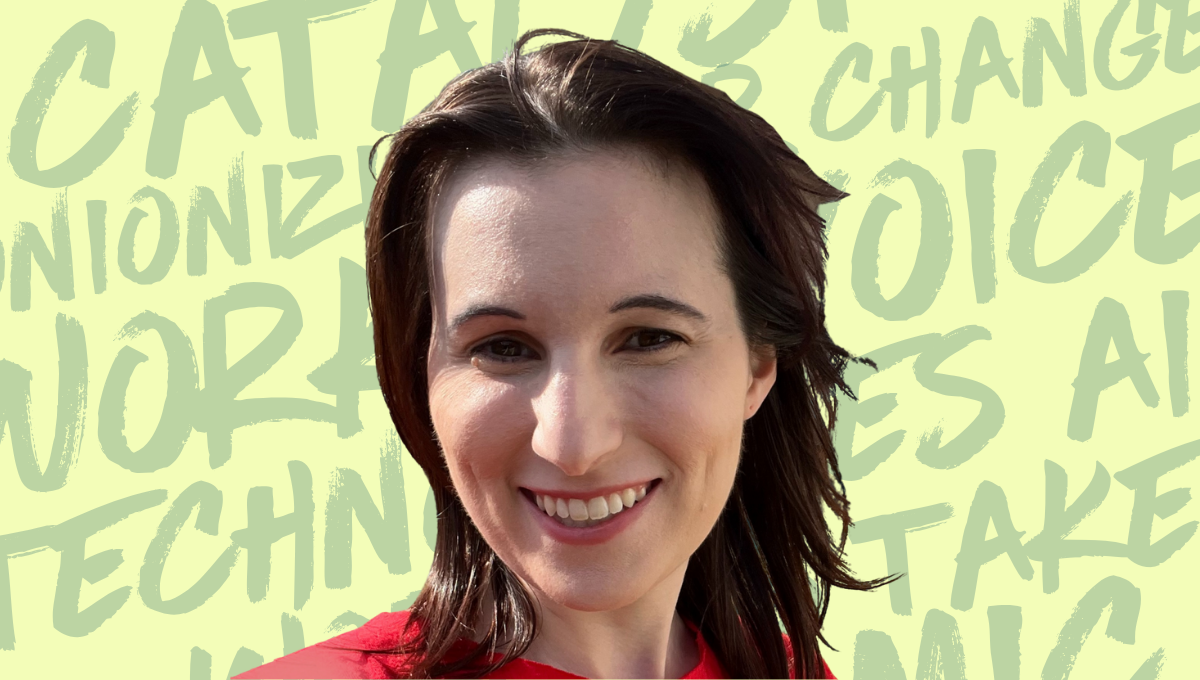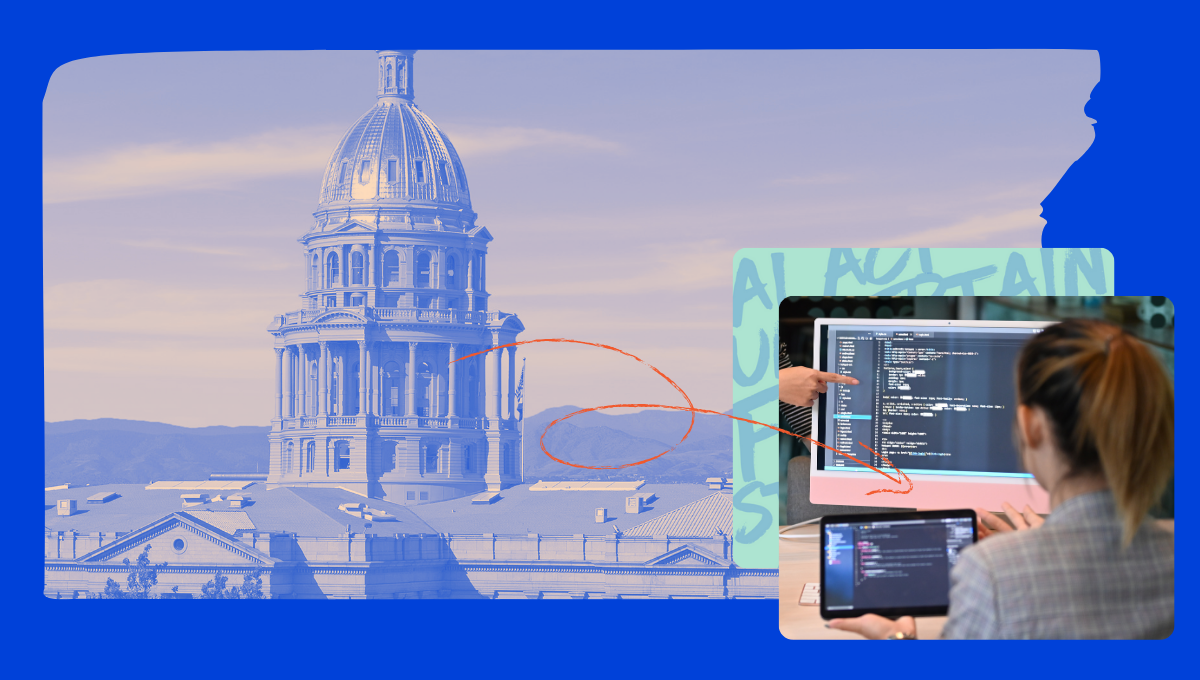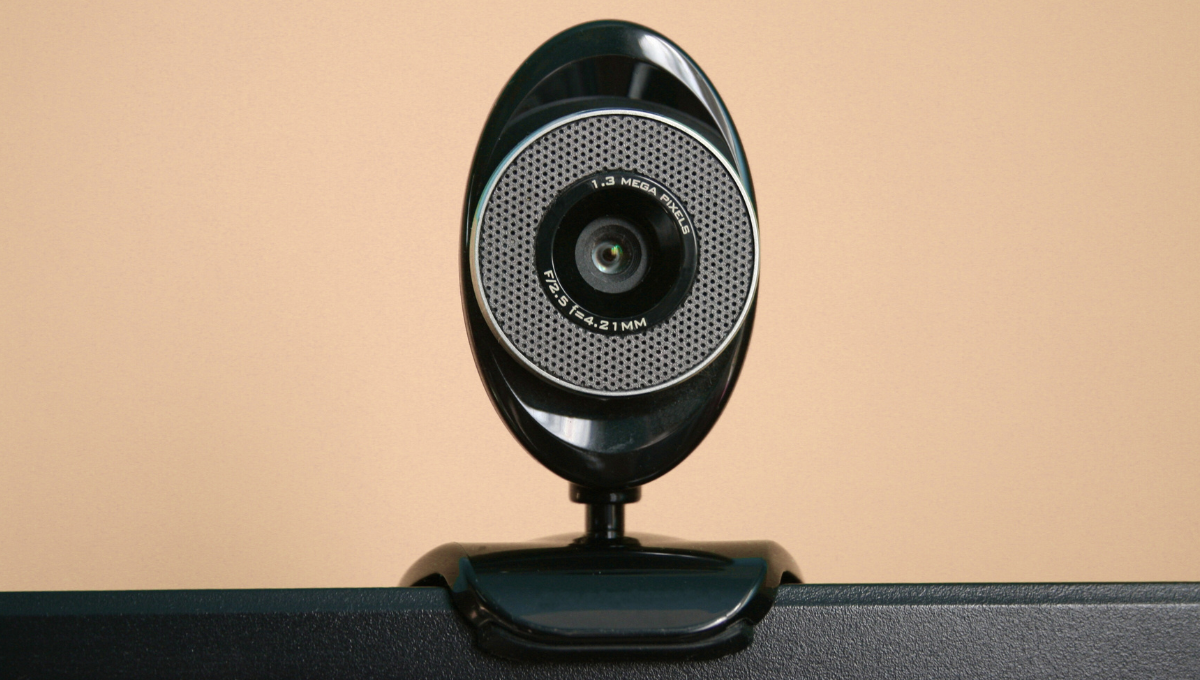Tahlia’s story: Starting a union in the face of AI

A few years ago, half of Tahlia’s coworkers got pulled off their regular work as technical writers for Google to work on AI. Because they were actually contract workers through Accenture, they didn’t get a voice in this process.
In fact, they didn’t get a voice in any process.
So in 2024, Tahlia and her coworkers decided to unionize. Together, they became the first Alphabet Workers Union-CWA members on the Google Help team to secure a collective bargaining agreement with Google vendor Accenture that includes protections related to workplace technologies.
Tahlia shared her story and insights with us for our “Take the Mic: How Worker Voice Shapes Workplace Technology” paper to support other works in their quest to influence workplace technology decisions. This is what she had to say:
What was your experience as a contract worker in the tech industry?
Tahlia: At Google, there’s a three-tiered system: first, you have Google employees who are paid very well and have great benefits; second, there is my team, who is contracted out with Accenture; and third, Accenture would contract out even more.
With every level of contracting, you get less pay, fewer benefits, and fewer protections on the job.
What issues did you and your coworkers face? What made you want to unionize?
Tahlia: As contractors with Google, we often don’t have access to the tools we need. These are tools that we have to use to get our jobs done, but we sometimes spend months waiting for access, or we have access, and then Google decides to switch to a different tool.
The main catalyst to pursue a contract was when our jobs were completely changed from being technical writers to being AI trainers, without much warning. Almost every single day, they’d give us a new version of the tool with a different set of features, and we had to learn the tool all over again from scratch. The rules we followed yesterday would suddenly be the opposite today. We did that for three months.
How were you and your coworkers able to exercise worker voice in unionizing? What protections were you able to secure?
Tahlia: A lot of us have worked in tech before, so we know how employers can track workers without us knowing. Even Accenture had to check what tech was being used on us. Our contract includes prohibitions on keystroke and mouse monitoring software, as well as allowing us to keep our cameras off during the workday.
Our contract also gives us quarterly meetings with management specifically to talk about tech tools. It’s awesome that we have these meetings because they help our managers remember the problems with the tools, and encourage them to be accountable to us, instead of just trying to make Google happy. So often, Google is trying to do something new and different every single day, and that means our voices can get drowned out.
Having a dedicated meeting also helps build our manager’s respect for us. They hear us asking intelligent questions that demonstrate our expertise, and they realize how much we understand our work.
We have a lot of AI tools that we’ve needed to push back on. We’re not opposed to using AI, but if the results are taking extra time for us and are not even close to as good as what we can manually write, then that’s a problem. We need them to listen to our feedback on which tools help our work and how we can improve ineffective tools.
What difficulties did you encounter in the bargaining process?
Tahlia: We started out with a much more comprehensive proposal. We wanted broader protections. We wanted a list of all the tools that run on our computers so we could address any privacy concerns.
But it turned out that since we were only bargaining with Accenture, Accenture didn’t have insight into the Google tools and wouldn’t ask Google for that information.
What advice do you have for other workers trying to gain agency over workplace technology?
Tahlia: Everything starts with communication. You need a system for communicating between yourselves and management.
I have tried to change a lot of things in my workplace on my own. While it sometimes only takes one person, you’ll often get pegged as the squeaky wheel. Sometimes, the more one person speaks up, the more they get tuned out. Our strength comes from creating a big, unified group.
Now you!
To learn more about worker voice and different ways you can take the mic when it comes to workplace technologies, check out our “Take the Mic: How Worker Voice Shapes Workplace Technology” paper—or the in-a-nutshell blog if you’re short on time.
If Tahlia’s story sounds familiar or if you want to find community with other tech workers, we’re building a tech worker group to give updates on our campaigns, share resources, and come together to brainstorm how we can tackle these issues. Join the mailing list today!
Lastly, has workplace technology impacted you or your coworkers? Whether or not you’re a tech worker, we want to hear your story. By sharing your experience, you can help lawmakers understand why they should support bills and regulations to protect everyday people.
Share your story about workplace technology
Share your experience with automated management, monitoring, and surveillance tools, or other technology in your workplace. Write to us with your story and/or upload a video of yourself below.
"*" indicates required fields





